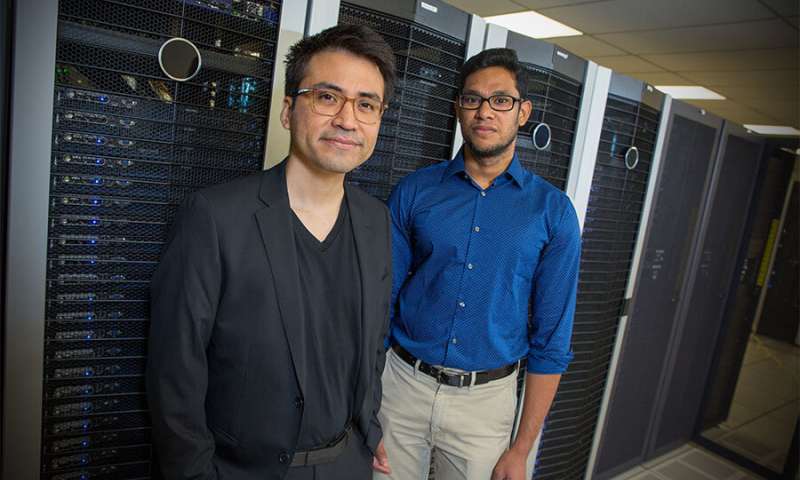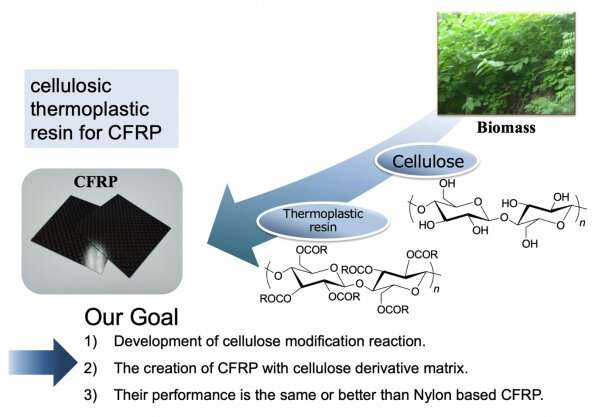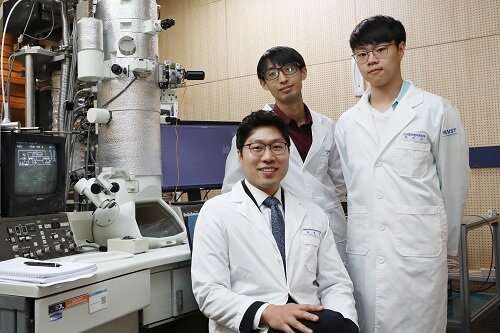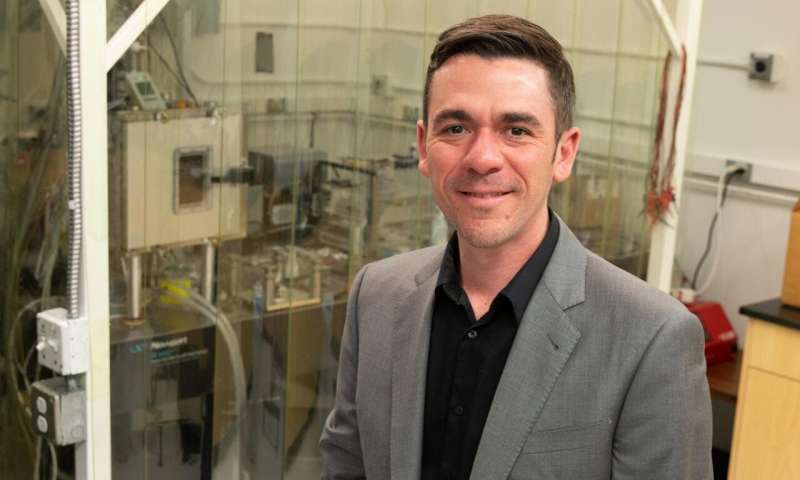
Artificial muscles run on glucose and oxygen, just like the real thing (15/07/2019)
Scientists
at Linköping University have blurred the line between robot and organism by
developing an artificial muscle that runs off of glucose and oxygen like its
organic counterpart. Made of a special polymer, the new plastic muscles open
the promise of implantable artificial muscles and micro-robots that can be
powered like living organs.

Taking charge: Researchers team up to make better batteries (15/07/2019)
A Florida State University and Cornell University research team found that batteries built from inexpensive and safe components can deliver three to four times the punch of batteries built with today's state-of-the-art lithium ion technology.

Electron beam strengthens recyclable nanocomposite (15/07/2019)
Polymers reinforced with carbon fibers combine strength and low weight. They also boast significant green credentials as they are less resource-intensive during production and use, and they are readily recycled.

Green light for a new generation of dynamic materials (15/07/2019)
Developing
synthetic materials that are as dynamic as those found in nature, with
reversibly changing properties and which could be used in manufacturing,
recycling and other applications, is a strong focus for scientists.

Improving heat recycling with the thermodiffusion effect (15/07/2019)
Absorption heat transformers can effectively reuse the waste heat generated in various industries. In these devices, specialised liquids form thin films as they flow downward due to gravity. These liquid films can absorb vapour, and the heat is then extracted by a coolant so that it can be used in future processes.

Carbon nanotube device channels heat into light (15/07/2019)
The
ever-more-humble carbon nanotube may be just the device to make solar
panels—and anything else that loses energy through heat—far more efficient.

High-performance sodium ion batteries using copper sulfide (14/07/2019)
Researchers
presented a new strategy for extending sodium ion batteries' cyclability using
copper sulfide as the electrode material. This strategy has led to
high-performance conversion reactions and is expected to advance the
commercialization of sodium ion batteries as they emerge as an alternative to
lithium ion batteries.
Engineers revolutionize molecular microscopy (12/07/2019)
Engineers
have developed a method for measuring the electrical potentials of
molecules and molecular surfaces with previously unattainable precision and
speed. They have, for the first time, succeeded in creating high resolution
maps of molecular electrical potentials, i.e. the electric fields that surround
all matter, within just a few minutes.

Solar power system that works at night a renewable energy game-changer (11/07/2019)
An
innovative thermal battery being developed by Curtin University researchers
will be key to a solar power system capable of producing electricity overnight,
rivaling fossil fuels as a viable source of power for commercial and heavy
industries around the world, including mining operations.

Engineers develop chip that converts wasted heat to usable energy (11/07/2019)
It's
estimated that as much as two-thirds of energy consumed in the U.S. each year
is wasted as heat. Take for example, car engines, laptop computers, cell
phones, even refrigerators, that heat up with overuse.









